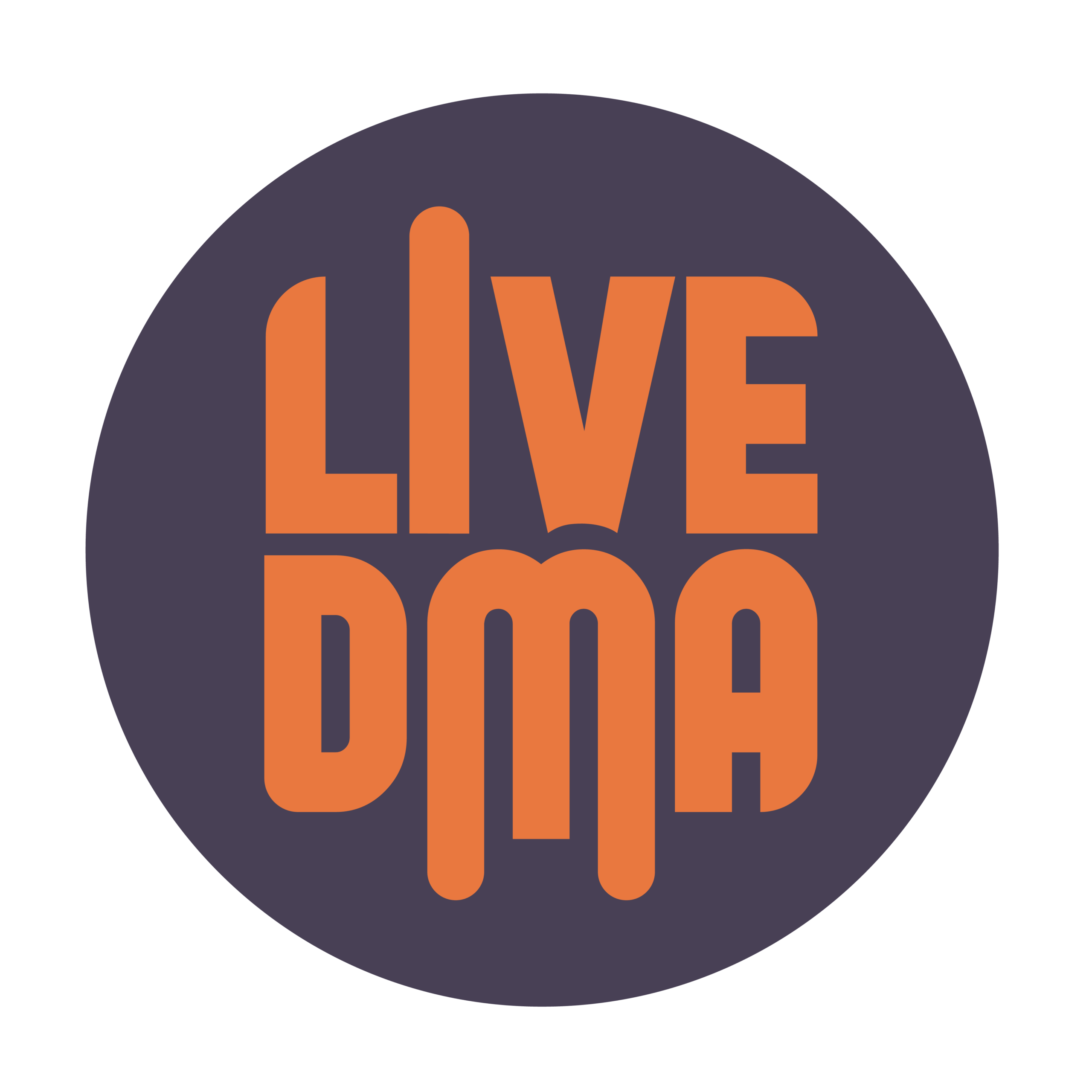
Noise complaints are one of the main challenges for live music venues everywhere in Europe. While live music participates to vibrant cities and dynamic rural areas, it is rarely included in the city planning. As a result, tensions can emerge when residents move next to a live music pub, club, venue or festival area. The nuisance felt by one person is often sufficient to initiate police interventions and administrative closures, even without proper sound measurement tools or methods. Although the venues and festivals do their best to operate in conformity with the local rules and regulations, local policy makers tend to stand with the complainers, tighten the rules and rarely take into account the needs of enjoyment of the hundreds of people who attend the live music activities. While people living next to live music venues have a right to enjoy the quiet of their own homes, it is unfortunate that so few mediation initiatives exist. Live music venues often have to bear alone the threats, the insulation costs and feel isolated.
Live DMA has been tackling this subject for a few years now: through a series of Working Groups, a White Paper addressed to the World Health Organisation, an overview of sound regulations in Europe, and a constant dialogue with Live DMA members on this topic, notably through a specialized taskforce.
“Live music organisers are experienced professionals who demonstrate a duty of care to their staff, artists, audience and neighbours. They work within existing national frameworks to protect the hearing of staff, performers and attendees, as well as avoiding nuisance to their neighbours. However, they also face many challenges when it comes to sound management: urbanization and densification, expensive soundproofing or audio technologies, unenforceable laws are some of the main factors.” – White Paper, Live DMA (2019)
A RAISE OF NOISE COMPLAINTS SINCE COVID-19 LOCKDOWNS
With restrictions related to Covid-19 such as lockdowns, and almost two years with no concerts and quiet nights, Live DMA members have seen an increase in noise complaints from next-door neighbours.

“If, on one hand, many music venues’ teams are renewing and recalling the importance of their mission towards audience engagement, especially at local level, reflecting on their own practices and will to develop their community building capacity, then on the other hand they also face a raise in complaints from neighbours since the end of lockdowns. The noise nuisance can come from the sound levels performed during the concerts, but mainly also from the audience when they leave the venues or clubs.” – Post COVID-19 Challenges of the Live Music Sector in Europe, Live DMA (2023)
WHY A WATCHTOWER ON MUSIC IS NOT NOISE?
In 2023, Live DMA decides to launch the Watchtower, which consists in an active watch of the cases in which venues are threatened by noise complaints. The aim of this Watchtower is to report on and archive the numerous cases in which venues are threatened by noise complaints, in order to shift the perception that they are isolated cases towards a perception of the global and systemic scale of this challenge. The primary goal is to be able to connect live music professionals of such venues, so they can talk to eachother about the solutions found and start a movement of solidarity in their fight for recognition, support and legitimacy.
Live DMA advocates for constant dialogue between local authorities and live music venues, as well as mediation with neighbours. We are in constant search for better community-building in venues and clubs.
Access to the database and questionnaire is private in order to respect the confidentiality of each testimony.
If you are a venue, club or festival facing noise complaints issues, or if you just want to get inspiration from others and discuss with peers on how to prevent these situations, contact Live DMA or your national association! You will receive the password to connect.
HOW TO PREVENT NOISE COMPLAINTS
In the report “Post-Covid-19 challenges in the live music scenes across Europe“, Live DMA proposes some recommendations collected during the One Voice for European Music (Prague, 2022):
- PROTECT VENUES AGAINST ADMINISTRATIVE CLOSURES FROM NOISE COMPLAINTS
- Especially often based on no legal measurement
- We need venues protection on a legal basis and not only on the basis of temporarily good relations with local policy makers.
- RELEASE THE VENUES’ RESPONSIBILITY ON NOISE OUTSIDE THE VENUES
- SUPPORT VENUES INSULATION TO LIMIT THE NOISE DISTURBANCE
- PROVIDE MEDIATION TOOLS
- Based on existing good practices
- Mediation must be done by external civil organisation, night watchers
- Support venues community building such as Open Club Day.
- PROVIDE ADAPTED TRAINING FOR THE SECURITY STAFF
- Challenging because often service providers
- In-house security is important to match with the venues values but it requires more budget.
Here is a list of articles and resources that can help you in your work against noise complaints.
- Meraki Nightclub – Painting their roof so as to be identified as nightclub and warn future flat buyers
- Club Kataster – Mapping live music venues to inform promoters and neighbours where live music places are in the city
- Music Cities Manual – Key Indicators to demonstrate the value of live music in cities
- Agent of Change – inscribing protection of music venues in regulations
- Open Club Day – Starting a dialogue with neighbours and local communities
- Nighttime – How to address noise complaints and other neighbourhood issues?
©Watchtower visual: Suzy Bay
